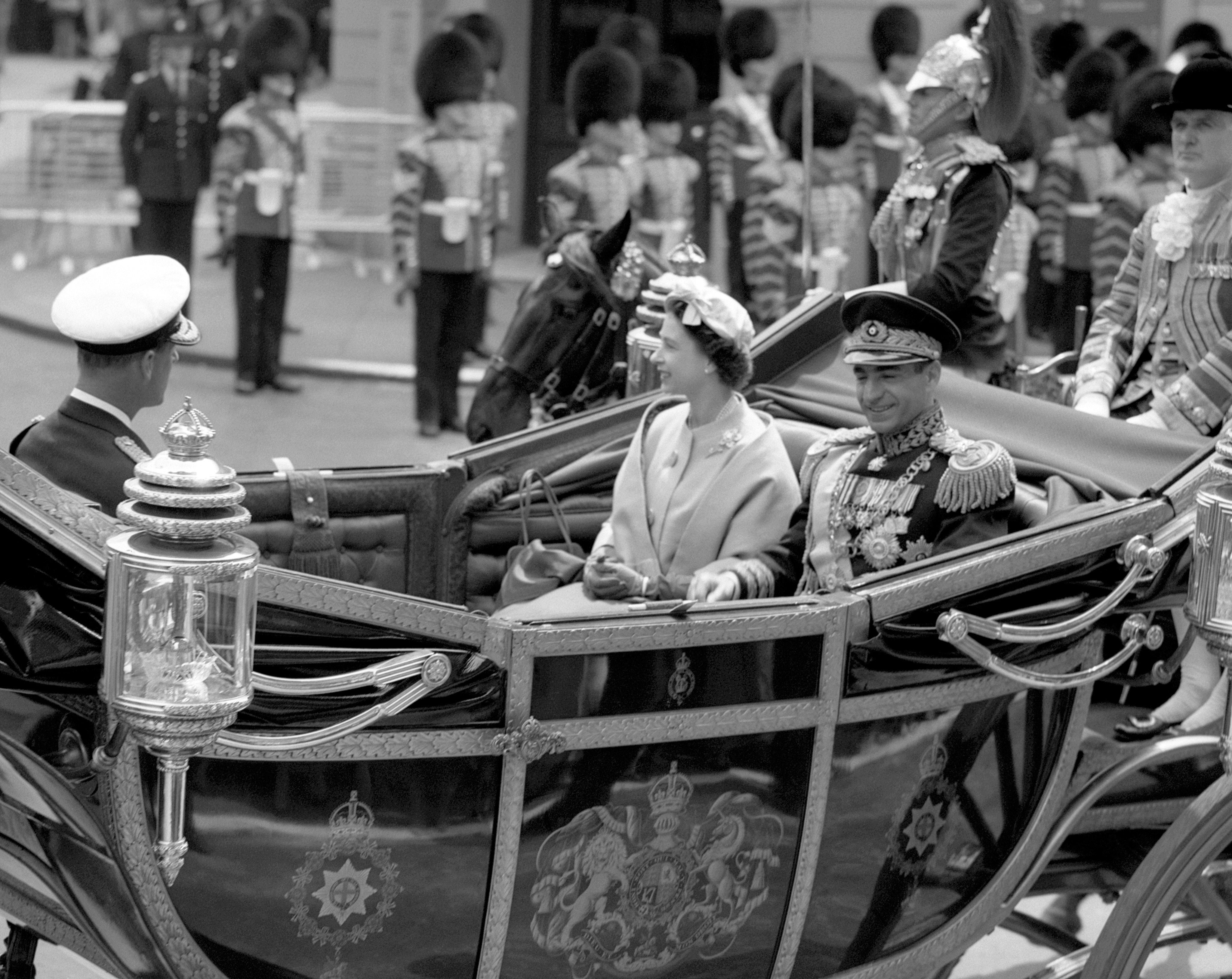Iran media attacks Queen’s ‘bloody legacy’, while officials ignore death
Death resurrects long and tangled ties between Tehran and UK monarchy
Iran’s official media and state organs showed little love for Queen Elizabeth II, who died on Thursday, aged 96.
The hardline Fars News Agency decried her “bloody legacy to humanity”, in an article chronicling her alleged misdeeds, which included machinations against Egypt, Iran, Iraq, Yemen, Syria, and Afghanistan.
The article also described her fortune, and suggested she enriched her family with ill-gotten gains.
“During her lifetime, she earned more than 9 million dollars through horse racing,” said the report.
Under Islam, gambling is considered a sin. Another article in the semi-official press noted that her funeral would cost UK taxpayers £6 million.
The Queen was smeared during her lifetime by Tehran as “the last survivor” of the 1953 coup which ended a brief democratic opening in the country and restored the autocratic rule of Shah Mohammad Reza Pahlavi.
The Iranian monarch shared warm ties with the House of Windsor, visited the UK and met the Queen when ruler, until he was ousted in a revolution years later that brought fundamentalist Islamic clergy to power.
Unlike many heads of state, neither Iran’s Supreme Leader Ali Khamenei nor President Ebrahim Raissi have offered condolences since the Queen’s death. The foreign ministry has issued no official statement, though it may do so once the Iranian weekend ends Saturday morning.
Iranians of a certain generation long obsessed over the perceived machinations of the British Crown, believing it behind grand global conspiracies.
The suspicions are grounded in British and Russian manoeuvring over Iran in the 19th century and the perceived British role in the rise of Shah Reza Pahlavi during the 1920s, as well as the 1953 coup against Prime Minister Mohammad Mossadeq.
That scheme was hatched by MI6 and CIA operatives fearful of the Tehran government’s plans to nationalise its oil industry. The coup took place several months after the young Queen Elizabeth ascended to the throne and historians believe it is highly unlikely she had any role in the operation.
Reza Pahlavi, the son of the late Iranian monarch, though did offer his and his family’s condolences.

“In her reign as the world’s longest serving monarch she served as an honourable and noble force for both justice and progress and for continuity and unity for her nation,” the Virginia-based opposition activist said in a statement.
“She will be remembered for this and with abiding respect for her service to the United Kingdom and her people.”
Queen Elizabeth II visited Iran in 1961, touring the country’s historic sites and meeting with the country’s then monarch. He named a street in central after her, though it was renamed to honour agrarian workers after the 1979 revolution.
She also received Islamic Republic’s ambassadors to the UK as recently as last year.
Join our commenting forum
Join thought-provoking conversations, follow other Independent readers and see their replies
Comments
Bookmark popover
Removed from bookmarks